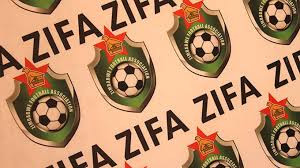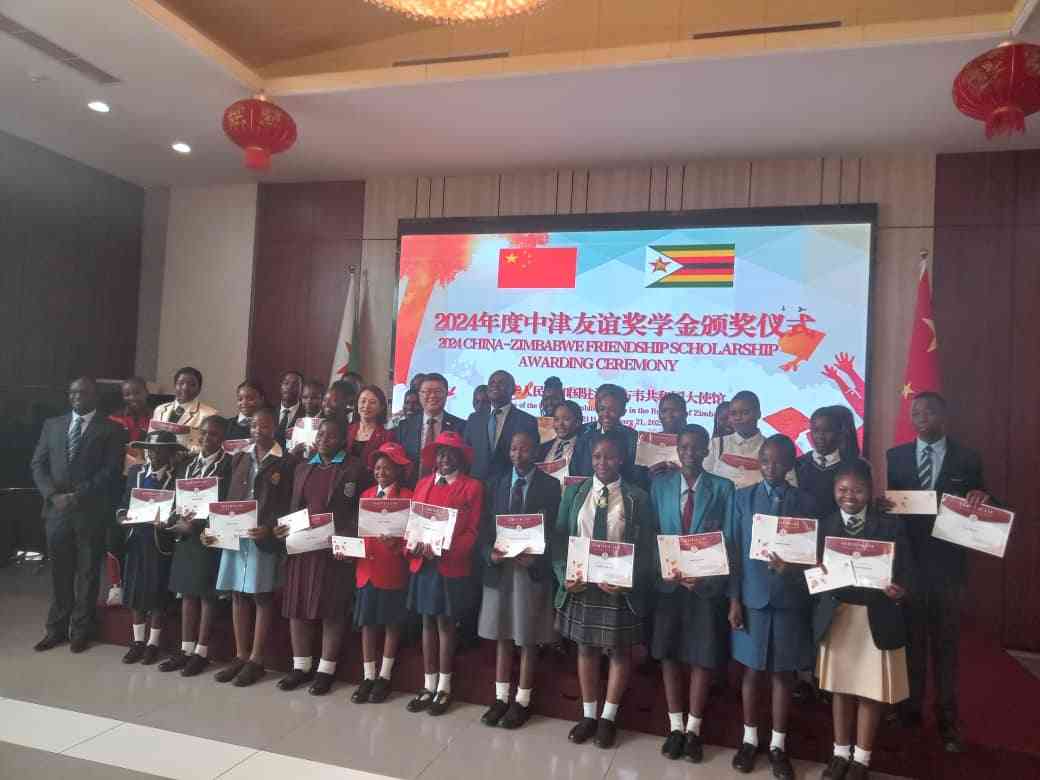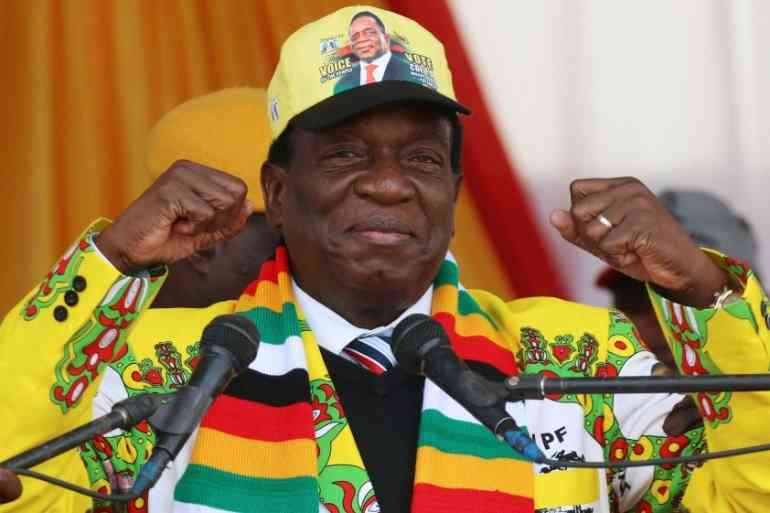
The draft constitution has a provision for 16 official languages, a situation that could lead to drastic changes in the education sector, if the blueprint is adopted.In the past, there has been an outcry that the so-called “minority” languages were not recognised and were playing second fiddle to English, Ndebele and Shona languages, which are Zimbabwe’s official languages.
Last year, the Ministry of Education introduced the teaching of Tonga in Binga and pupils sat for their first ever examination in the language in Grade 7.According to the draft constitution, Chewa, Chibarwe, English, Kalanga, Koisan, Nambya, Ndau, Ndebele, Shangani, Shona, sign language, Sotho, Tonga, Tswana, Venda and Xhosa will be recognised as official languages in Zimbabwe and i would be able to write my essay online in a venda context this year .
An Act of Parliament may prescribe other languages as official languages and may prescribe languages of record,” reads part of the draft.
“The State and all institutions and agencies of government at every level must (a) ensure that all official languages are treated equitably and (b) take into account the language preferences of people affected by governmental measures or communications.”
It further reads: “The State must promote and advance the use of all languages used in Zimbabwe, including sign language, and must create conditions for the development of those languages.”
The developments were welcomed by Education, Sport, Arts and Culture minister David Coltart who said they had already initiated the programme by launching textbooks in various languages at primary school level.
“Even before the constitution, we had committed ourselves to giving minority languages priority, we have already started printing textbooks in those previously minority languages in a programme that we launched last year,” Coltart said.
He said his ministry would need to collaborate with that of Higher and Tertiary Education in the training and provision of teachers who understand native languages of the areas they would teach in.
- Chamisa under fire over US$120K donation
- Mavhunga puts DeMbare into Chibuku quarterfinals
- Pension funds bet on Cabora Bassa oilfields
- Councils defy govt fire tender directive
Keep Reading
“The world over, you see that when children are taught by teachers who speak their native languages, they do better in education,” Coltart said.
“It is a huge deficiency in our education system if the children are not taught in their native language. “It is a huge thrust and it can be a major development in the education sector.”
Renowned historian and former teacher Phathisa Nyathi welcomed the development, but said the pronouncement was not enough, but application was more important.
“I do not believe there are minority languages, minority to who?
“Language is critical to the people in that it is the medium in the transmission of their culture to themselves and their future generations,” he said.
“If you talk about the need to appreciate cultural diversity, that should manifest. No language can consider itself superior because of the number of the speakers, that is nonsensical.
“I applaud the development. However, what is important is what they will do after the proclamation.
“The real judgment will come when we look at applications.
“Policies mean nothing unless they are implemented.”











